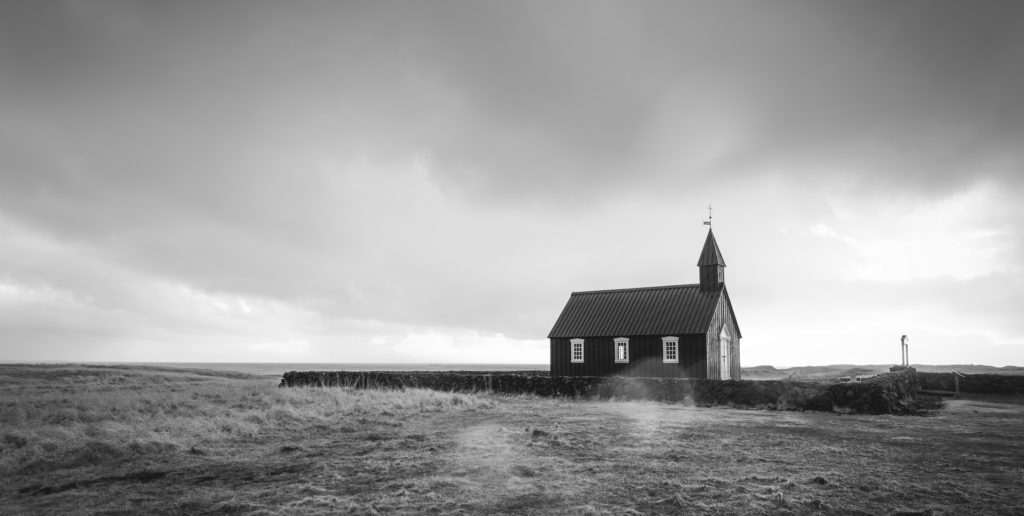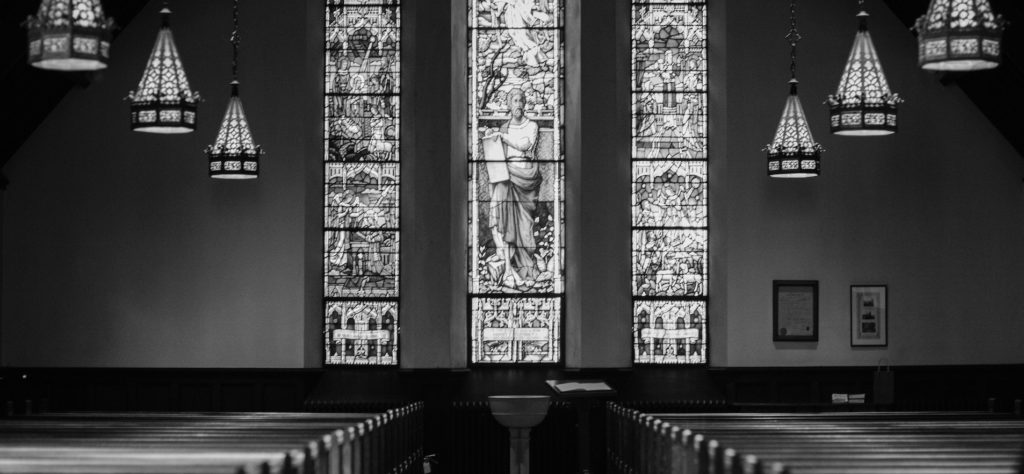Episode 156: A Conversation with Dr. Russell Moore
Andrew and Brady take the time in this episode to sit down with author Dr. Russell Moore to discuss his book Losing Our Religion, An Alter Call for Evangelical America. Russell shares the history that created a need for such a book, but also the weight of utilizing his prophetic voice in a time of need (3:36). Dr. Moore goes on to share a few key ideas and principles around how to better discern and live wisely when dealing with the great social challenges of our day (15:53). The trio then round out the conversation contemplating the moral fiber of future leaders as well as pondering what needs to happen in America for true revival to take place (24:06).

Be sure to subscribe to our YouTube Channel and follow us on Instagram, Facebook and Twitter to stay connected with us throughout the week!
Host: Andrew Arndt
Co-Host: Brady Boyd
Guests: Dr. Russell Moore
Producer: Briggs Boyd
Losing Our Religion, An Alter Call for Evangelical America by Russell Moore — https://www.amazon.com/Losing-Our-Religion-Evangelical-America-ebook/dp/B0BPWRF4C5/ref=sr_1_1crid=3I076VEZFKVJK&keywords=losing+our+religion%2C+an+altar+call+for+evangelical+america&qid=1696973367&sprefix=losing+our+religion%2C+an+alter+call+for+evangelical+america%2Caps%2C99&sr=8-1




